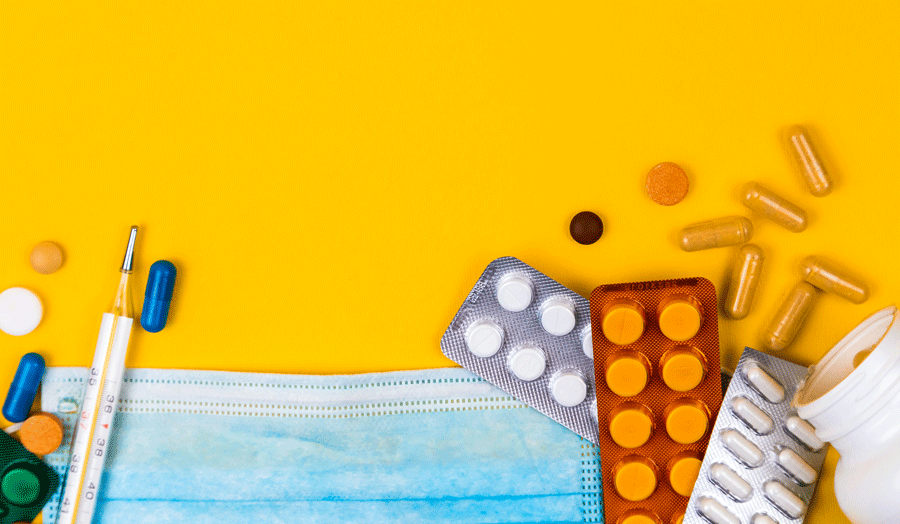London Met academics have contributed to the clinical trial process, which has found that common drug dexamethasone significantly reduces mortality in coronavirus patients.
Date: 17 June 2020
The RECOVERY trials, which London Met academics have contributed to, have found that a cheap, widely available drug has a major effect on reducing mortality in COVID-19 patients.
In the trial, led by a team from Oxford University, around 2,000 hospital patients were given dexamethasone - and were compared with more than 4,000 who did not receive the drug.
For patients on ventilators, the drug cut the risk of death from 40% to 28%. For patients needing oxygen, it cut the risk of death from 25% to 20%.
Peter Horby, Professor of Emerging Infectious Diseases and Global Health at Oxford said: "This is the only drug so far that has been shown to reduce mortality - and it reduces it significantly. It's a major breakthrough."
Lead researcher Martin Landray, Professor of Medicine and Epidemiology at Oxford said: "There is a clear, clear benefit. The treatment is up to 10 days of dexamethasone and it costs about £5 per patient. So essentially it costs £35 to save a life. This is a drug that is globally available."
RECOVERY is the world’s largest clinical trial on potential treatments for COVID-19. London Met’s Dr Stephen Hills (Guildhall School of Business and Law) and Dr Yolanda Eraso (School of Social Professions) have aided the efforts in the trial process by providing translation services in the local area, which means RECOVERY has been able to recruit participants for whom English is not their first language.
Dr Eraso said: “As new treatments were added to the trial, the translation team have been amazing in updating the information for patients' consent. All of this has been done voluntarily.”
Facilitating access to patients from different backgrounds and ethnicities to take part in this clinical trial is not only relevant to the health of patients, but to the rigour of the data overall. Informed consent forms must be signed by patients or their legal representatives in order to be able to enter in any clinical trial.
The wide diversity of languages that are spoken in the area surrounding the University’s local hospital, the Whittington Hospital NHS Trust, prompted a search for volunteer translators within the London Metropolitan Translation team. Led by Danielle D’Hayer, Course Leader MA Interpreting, a group of professionals and their extended network volunteered to work on this aspect of this trial. They covered a wide range of languages, including Urdu, French, Romanian, Turkish, Arabic and others.

